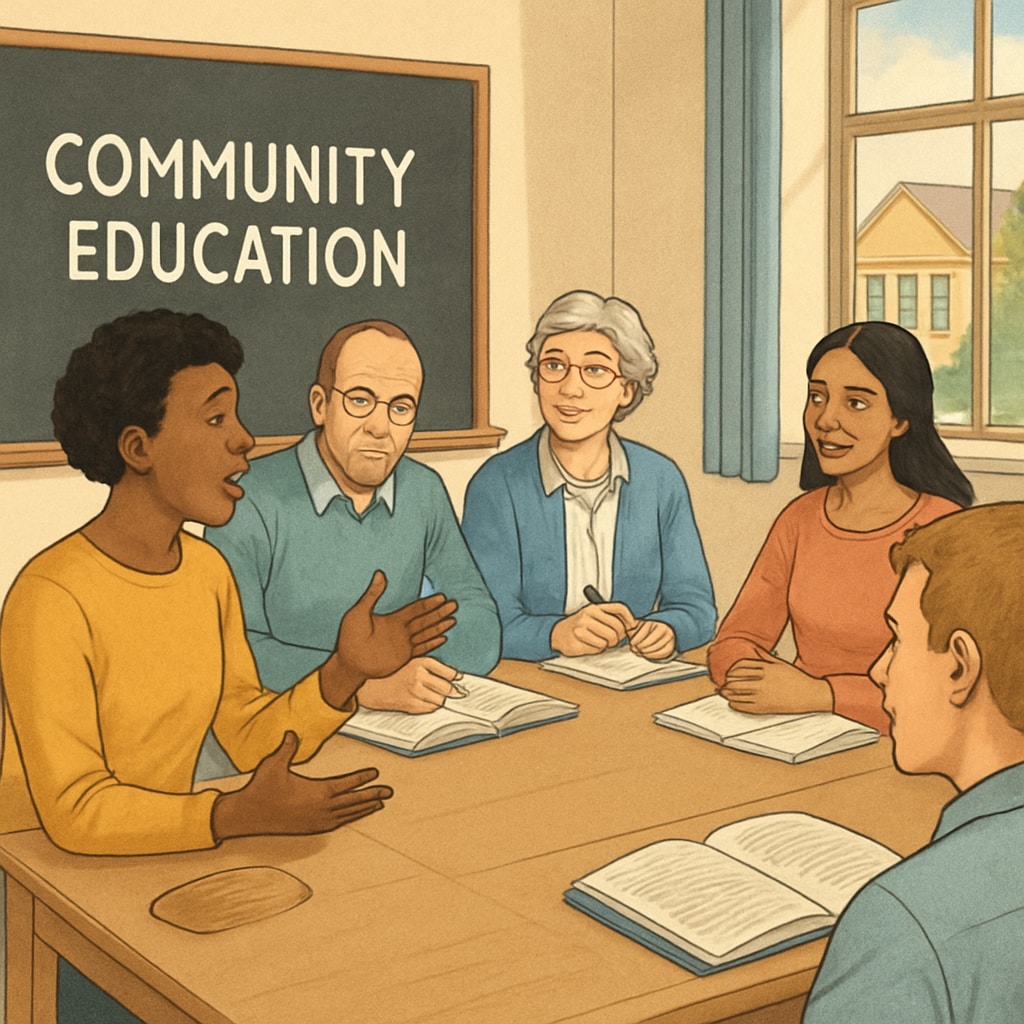Interruptions in education can have lasting effects on personal and professional development. In the UK, many individuals face challenges in resuming studies after periods of academic disruption due to various circumstances, such as family responsibilities or financial constraints. This guide aims to provide practical advice and actionable steps for overcoming these obstacles, ensuring a successful return to learning and personal growth.

Understanding the Challenges of Interrupted Education
Interrupted education often brings emotional and logistical hurdles. Learners may feel overwhelmed by the prospect of returning to a structured academic environment or fear falling behind peers. Additionally, financial limitations, lack of guidance, and doubts about eligibility for programs can complicate the process. Recognizing these challenges is the first step toward overcoming them.
For example, an 18-year-old who paused their studies for family reasons may struggle with self-confidence and motivation. However, resources available within the UK education system, such as adult education programs and vocational training, can provide pathways to recovery.
Steps to Reclaim Education in the UK
Resuming education requires a combination of psychological preparation and practical action. Below are key steps to consider:
- Assess Your Goals: Determine whether you wish to pursue higher education, vocational training, or other certifications. Clearly defined goals provide direction and focus.
- Research Available Options: In the UK, opportunities include Further Education (FE) colleges, online courses, and apprenticeship programs. Websites like Gov.uk Further Education Courses are excellent starting points.
- Seek Financial Assistance: Explore scholarships, grants, and government loans designed for adult learners or individuals returning to education.
- Build a Support Network: Engage with educators, peers, and mentors who can offer guidance and encouragement throughout your journey.

Available Resources and Support Systems
In the UK, there are numerous resources to support students facing interrupted education:
- National Careers Service: Provides personalized advice and information on courses and career pathways. Learn more at National Careers Service.
- Open University: Offers flexible online programs tailored to adult learners seeking to balance education with other responsibilities. Explore their offerings at Open University.
- Local FE Colleges: Many colleges provide evening classes and specialized programs for mature students.
- Community Learning Programs: Designed to help individuals gain new skills or qualifications in a supportive environment.
These resources ensure that learners can access both academic content and emotional support, creating a holistic pathway to success.
Rebuilding Confidence and Motivation
Returning to education is not just about academics—it also involves rebuilding self-esteem and fostering motivation. To achieve this:
- Celebrate Small Wins: Acknowledge every achievement, from completing assignments to mastering new concepts.
- Practice Resilience: Develop a growth mindset, focusing on progress rather than perfection.
- Stay Organized: Use tools like planners or apps to manage schedules and track progress efficiently.
By combining self-care strategies with structured learning, individuals can gradually overcome self-doubt and fully embrace their educational journey.
Conclusion: Your Pathway to Success
Although academic interruptions may feel like insurmountable setbacks, the UK education system offers a variety of pathways to help learners reclaim their studies and achieve their goals. By understanding available resources, setting clear objectives, and building confidence, individuals can successfully navigate the transition back to education. Remember, the journey may be challenging, but the rewards of personal growth and future opportunities make it well worth the effort.
If you’re ready to take the first step, start exploring programs and support services today. Your future is waiting!
Readability guidance: This article employs concise paragraphs, actionable lists, and accessible language to ensure clarity. Transitions such as “however,” “in addition,” and “for example” enhance flow and comprehension.


